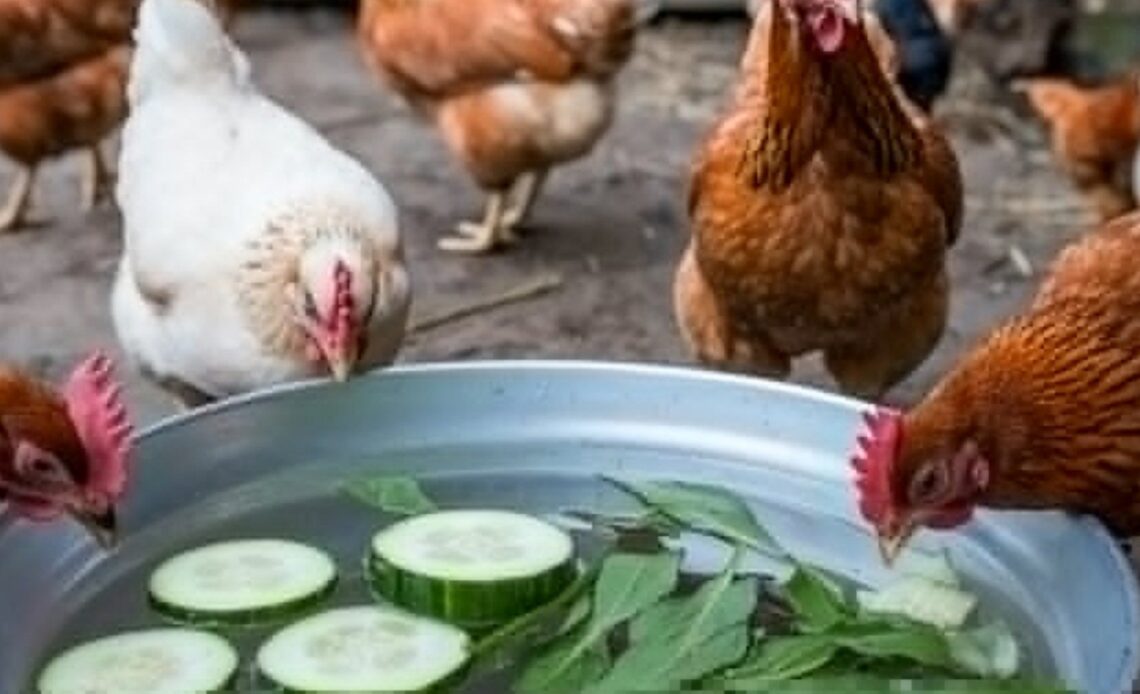Raising backyard chickens can be a rewarding experience, especially when they provide fresh, nutritious eggs every day. However, if your hens have slowed down in laying or you want to maximize their production, there are several effective and often unexpected tricks that can help. From optimizing their environment to tweaking their diet, here’s a comprehensive guide to boosting egg production naturally and effectively.
## 1. Provide Adequate Lighting
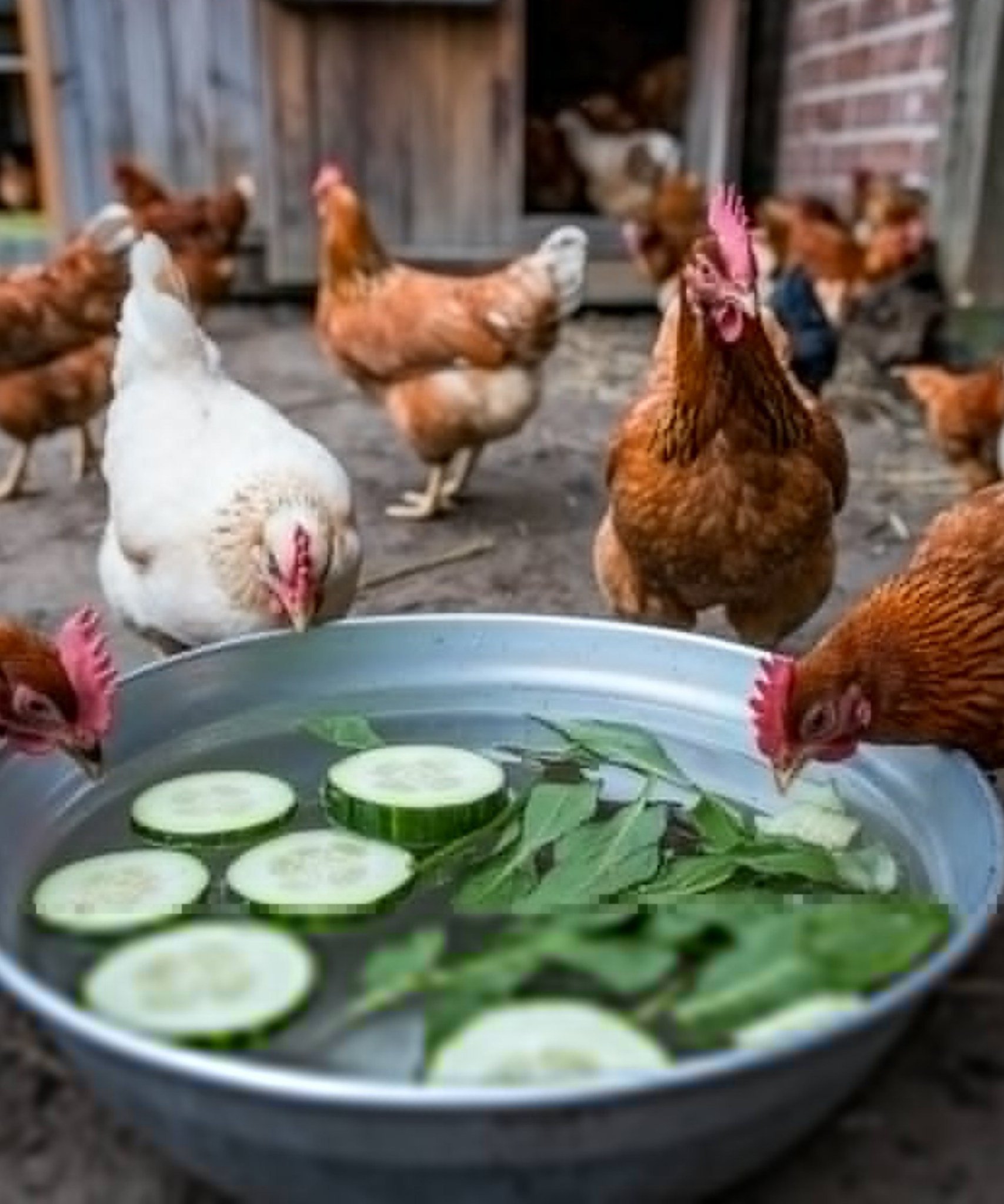
Light plays a crucial role in egg production. Chickens need at least 14 to 16 hours of light per day to maintain consistent laying patterns. During the shorter days of winter, egg production may decline due to reduced daylight exposure. To counteract this, consider using soft LED lights in the coop. The key is to simulate natural daylight by turning the lights on in the early morning and allowing the hens to experience darkness at night to rest properly. Sudden changes in lighting schedules can stress hens, so always introduce artificial lighting gradually.
## 2. Optimize Their Diet for Maximum Productivity
Nutrition is the foundation of egg production. Without the right balance of nutrients, hens may struggle to produce high-quality eggs regularly. Make sure their diet includes:
– **Protein-rich feeds**: Choose high-protein poultry feed containing at least 16-18% protein. Supplement with mealworms, black soldier fly larvae, or cooked eggs for an extra protein boost.
– **Calcium sources**: Crushed oyster shells or ground eggshells provide essential calcium to strengthen eggshells and prevent deformities.
– **Whole grains**: A mix of corn, wheat, barley, and oats offers sustained energy and improves digestion.
– **Fresh fruits and vegetables**: Leafy greens like spinach and kale, carrots, pumpkin, and squash add essential vitamins and minerals.
– **Apple cider vinegar**: Adding a small amount of apple cider vinegar to their drinking water can aid digestion and boost immunity.
## 3. Ensure Clean and Fresh Water Supply
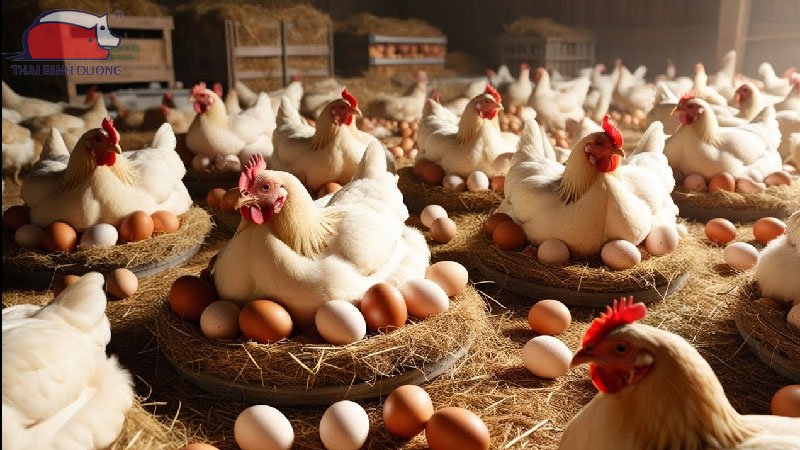
Water is often overlooked but is one of the most critical factors in egg production. Hens need constant access to clean, fresh water to stay hydrated and maintain optimal health. Dehydration can lead to reduced egg production or even halt laying entirely. To keep their water clean:
– Use a fresh water supply daily.
– Avoid stagnant or dirty water sources that can harbor bacteria.
– Keep waterers in a shaded area during hot weather to prevent overheating.
## 4. Maintain a Stress-Free Environment
Stress is a major factor that can lead to decreased egg production. To keep your hens happy and productive:
– Provide a **comfortable and spacious coop** with proper ventilation.
– Reduce noise and sudden disturbances, such as loud predators or unfamiliar animals.
– Keep the nesting boxes clean and cozy to encourage regular laying.
– Ensure that there are enough perches and roosting areas to prevent pecking and aggression among hens.
## 5. Introduce Herbs and Natural Supplements
Certain herbs and natural remedies can enhance hen health and egg production. Adding these to their diet can make a noticeable difference:
– **Oregano**: Known for its antibacterial properties, oregano helps boost immunity.
– **Basil and mint**: These herbs promote respiratory health and keep coops smelling fresh.
– **Garlic**: A natural antibiotic that improves digestion and deters parasites.
– **Dill and parsley**: These herbs enhance egg yolk color and support reproductive health.
## 6. Encourage Exercise and Free-Range Foraging
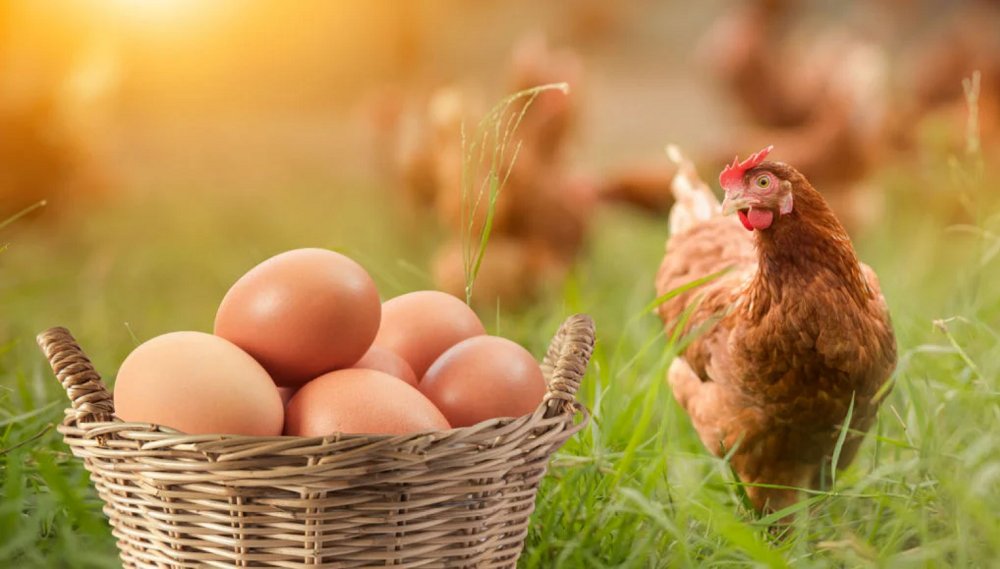
Chickens that have space to roam and forage naturally produce more eggs. Free-ranging allows them to supplement their diet with protein-rich insects and plants. If free-ranging isn’t an option, consider providing an enclosed run where they can scratch the ground and search for bugs. Exercise improves circulation, reduces obesity, and enhances overall well-being, leading to better egg production.
## 7. Avoid Overcrowding and Maintain Proper Hen-to-Rooster Ratio
Overcrowding can lead to stress, aggressive behavior, and decreased egg production. Ensure that your coop has enough space, with at least **2-3 square feet per hen inside the coop** and **8-10 square feet per hen in an outdoor run**.
If you keep a rooster in the flock, the ideal ratio is **one rooster for every 8-10 hens**. Too many roosters can cause stress and disrupt laying patterns.
## 8. Implement Seasonal Adjustments
Egg production fluctuates with the seasons. To help your hens lay consistently throughout the year:
– **Winter**: Supplement with additional lighting and increase protein intake to combat lower temperatures.
– **Summer**: Provide extra shade, fresh water, and cooling treats like watermelon to prevent overheating.
– **Spring & Fall**: These are the peak laying seasons, so ensure balanced nutrition to maximize production.
## 9. Monitor and Prevent Health Issues
Regular health checks are essential to keep your flock in top shape. Common health issues that can reduce egg production include:
– **Parasites**: Mites, lice, and worms can drain energy and reduce egg output. Use natural or veterinary-approved treatments to prevent infestations.
– **Egg binding**: This occurs when a hen is unable to lay an egg. Providing enough calcium and proper hydration can help prevent it.
– **Molting**: Hens naturally shed feathers once a year, during which egg production decreases. This is normal, but supplementing with high-protein feeds can help them recover faster.
## 10. Maintain Consistent Egg Collection
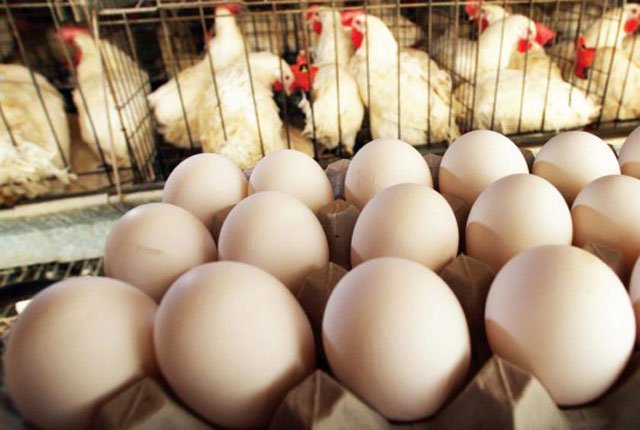
Collecting eggs frequently, at least twice a day, encourages hens to continue laying. Leaving eggs in the nesting boxes for too long may lead to broodiness (when a hen stops laying to incubate eggs) or egg eating. Keeping nesting areas clean and collecting eggs regularly prevents these issues.
## Final Thoughts
By following these unexpected but effective tricks, you can maximize your hens’ egg production while ensuring they remain happy and healthy. Small changes in lighting, diet, stress reduction, and coop management can lead to significant improvements. Remember, a well-cared-for hen is a productive hen, and with the right approach, you can enjoy a steady supply of fresh eggs daily
